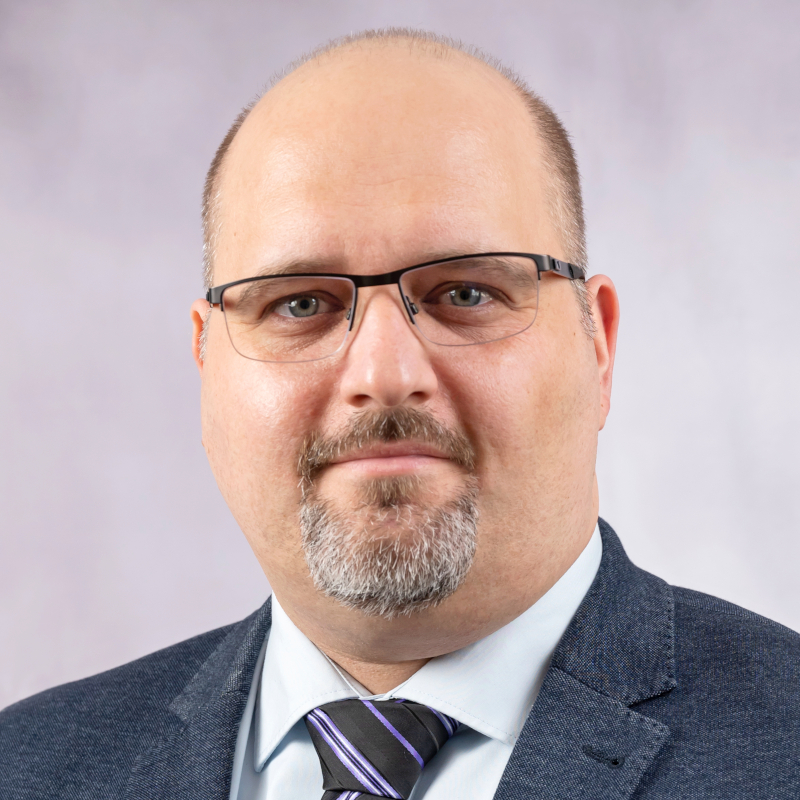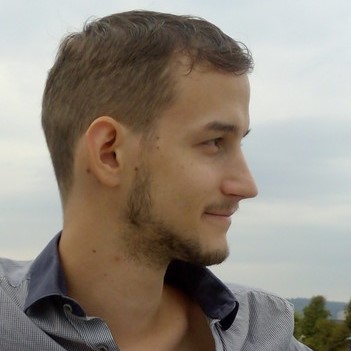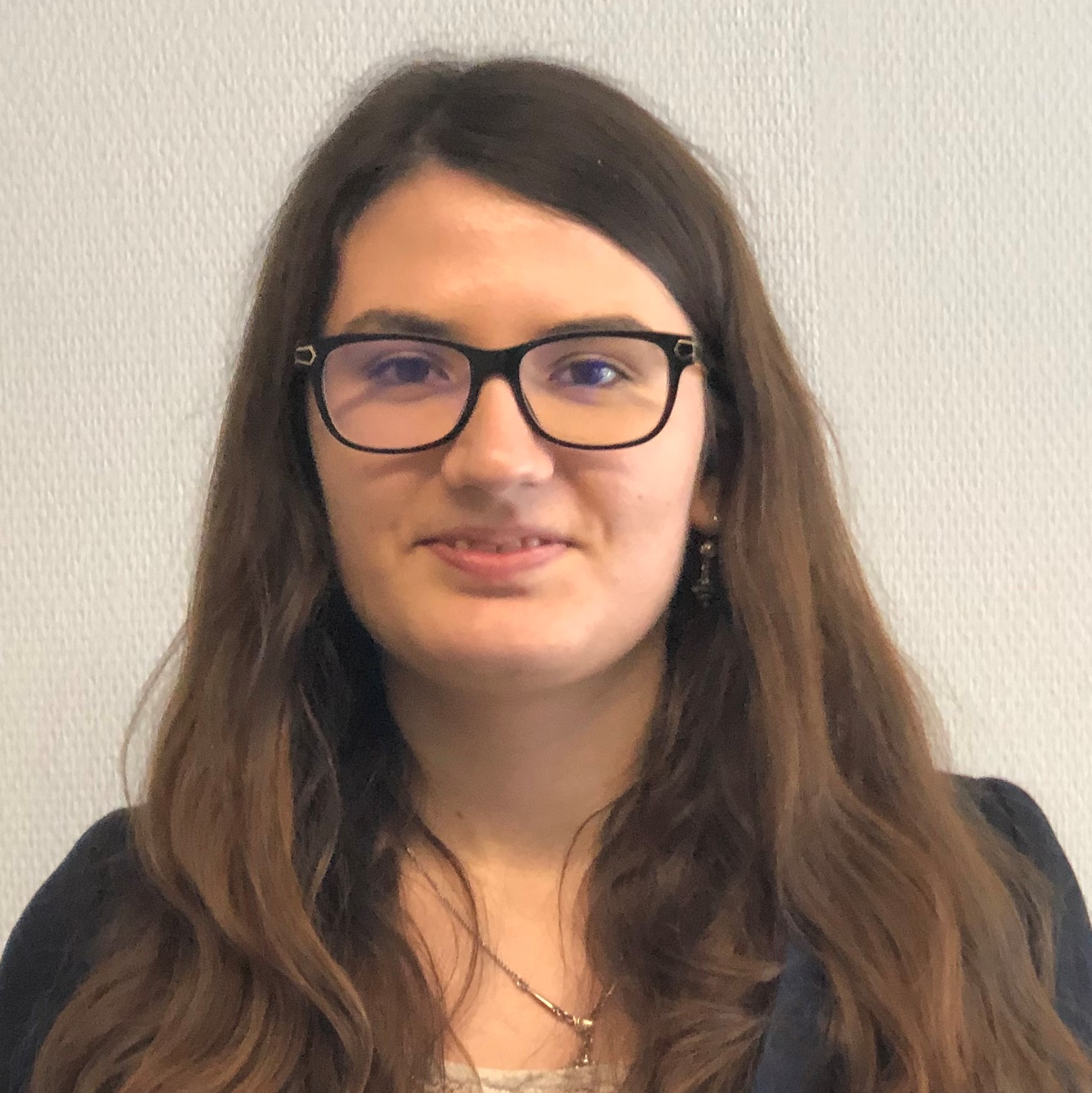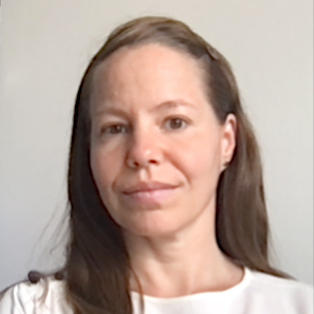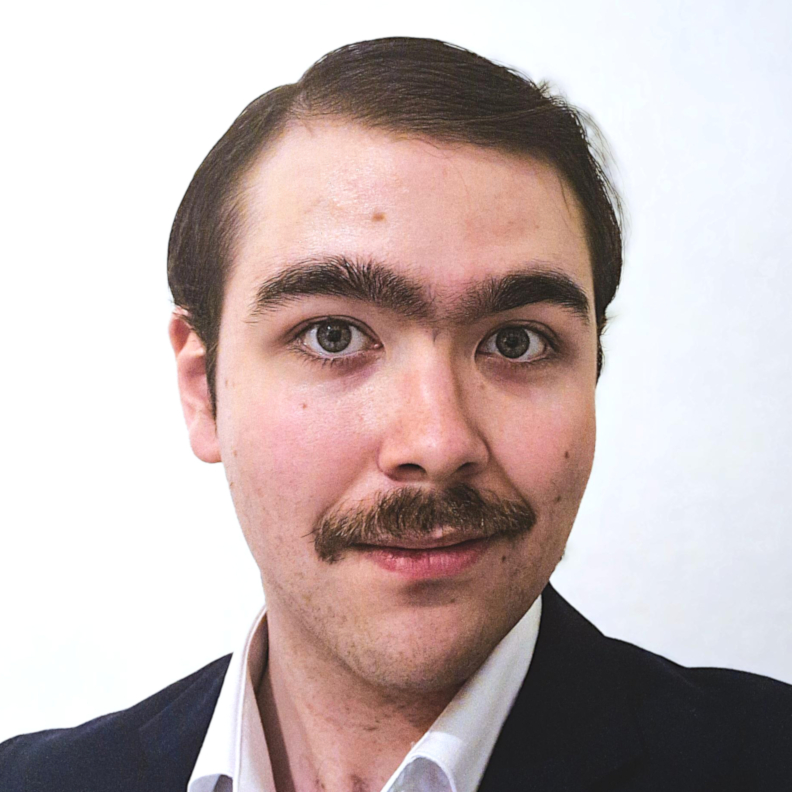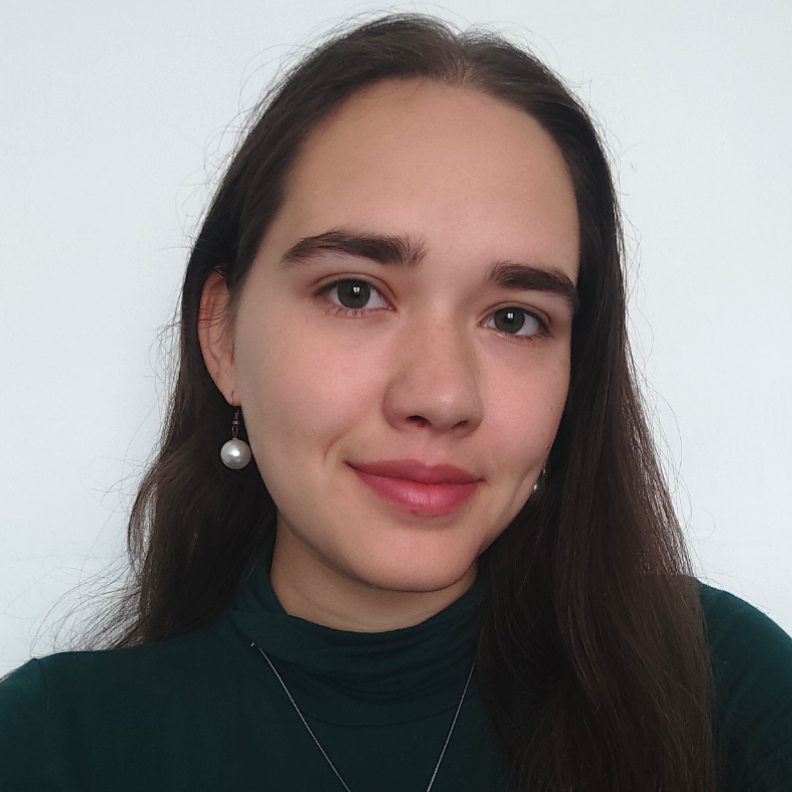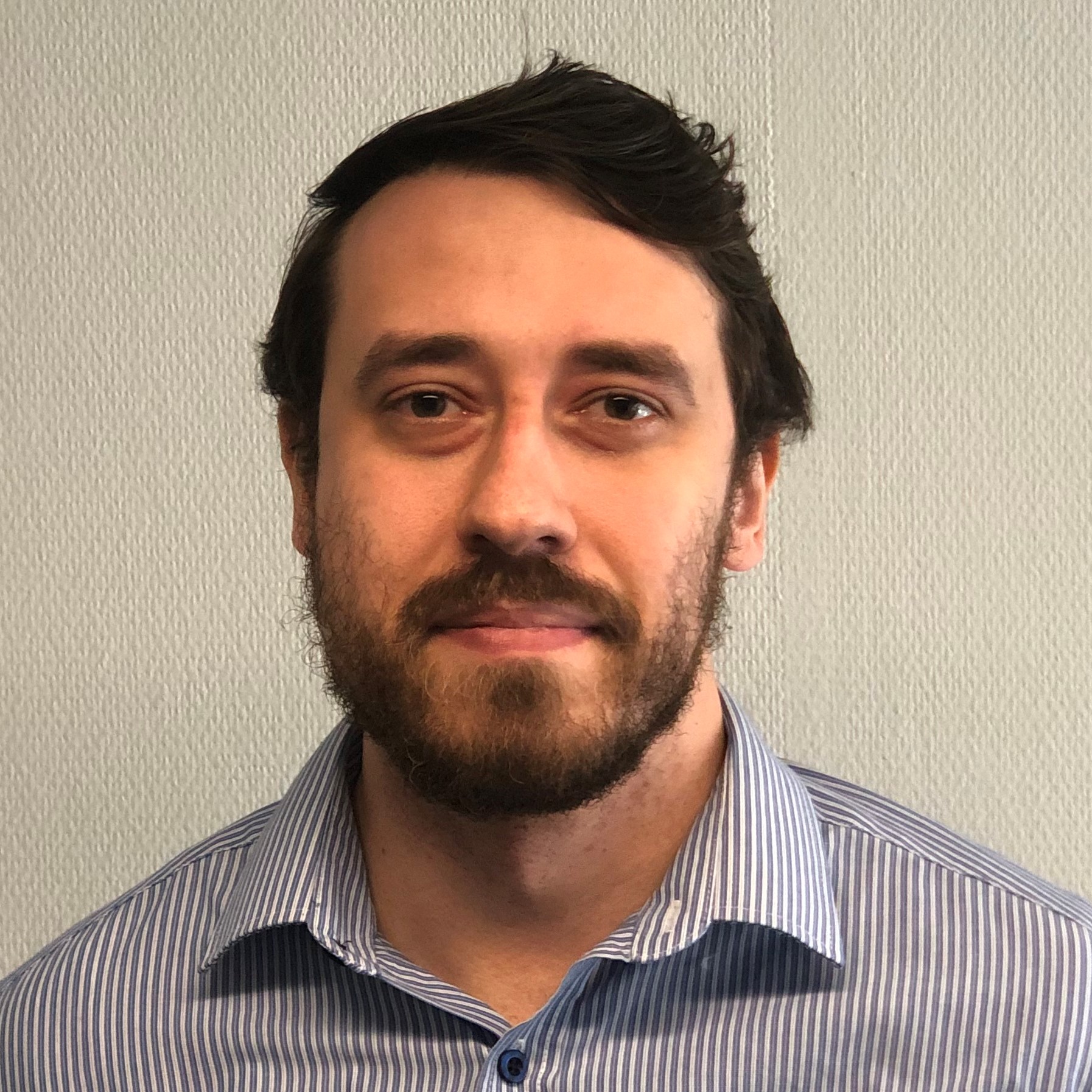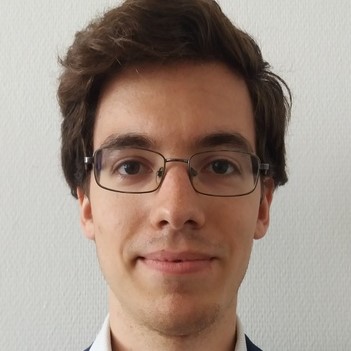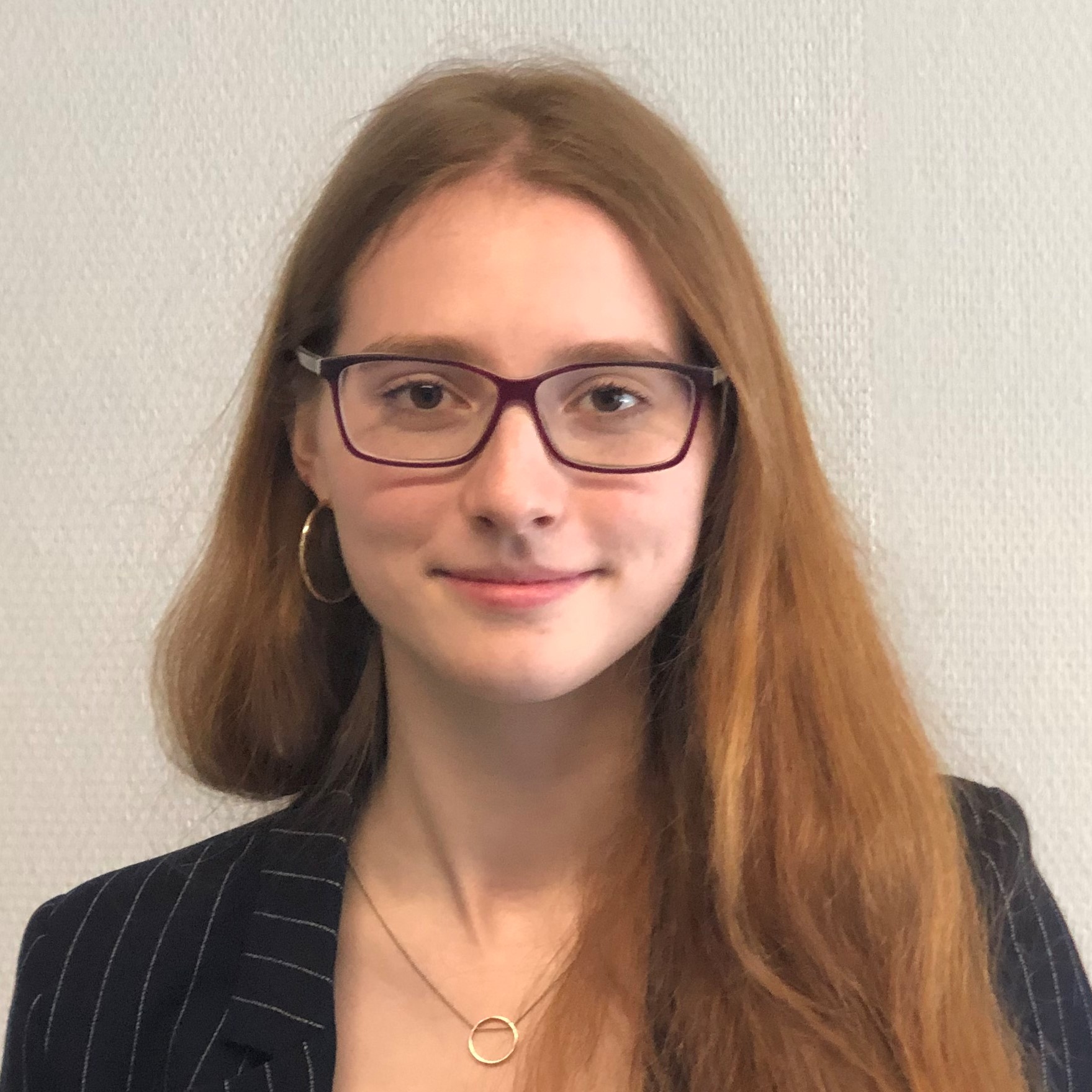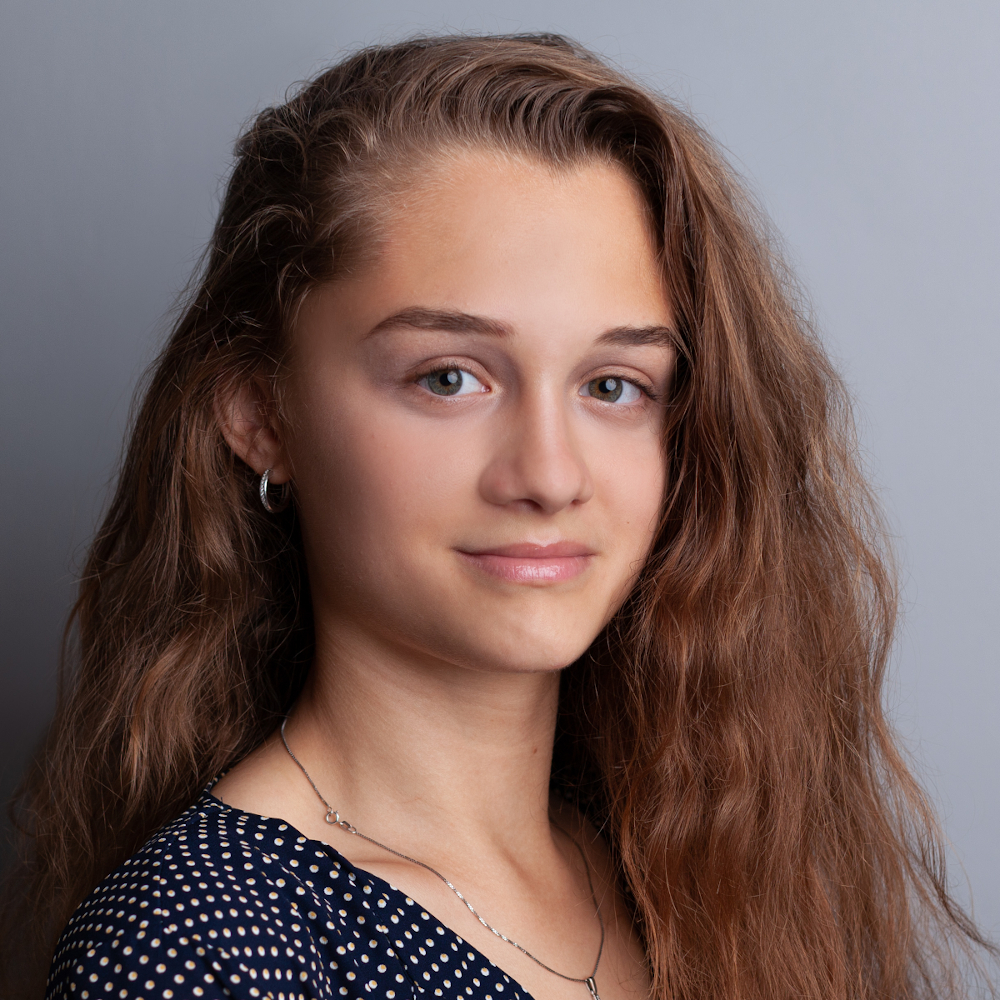ELTE Gravitational-wave and Cosmology Research Group

RESEARCH TOPIC
According to Albert Einstein’s theory of general relativity, gravitational waves (GWs) are wavelike distortions in the fabric of space-time created by moving masses, and propagating at the speed of light. Although there had been several experimental attempts throughout the 20th century to detect GWs, the first direct detection was achieved in September 2015 by the LIGO-Virgo Collaboration (LVC) using the two LIGO detectors. As members of the LVC since 2007, we had the privilege of being involved in and contributing to this major scientific achievement. The ongoing common detections of GW signals not only allow testing Einstein’s general relativity under various conditions in the strong field regime, but they also revolutionize astronomical observations by providing a new and previously unaccessible window to the universe.
As the Hungarian LIGO group at Eötvös Loránd University, we work on various research projects that support GW observations, from advancing the scientific understanding of astrophysical sources of GWs, to developing algorithms that can identify or reconstruct signals in the noisy outputs of GW detectors, and to optimizing the performances of future GW detector networks. One of the greatest potentials for scientific discoveries is in the field of multi-messenger astronomy, where a network of GW detectors provide triggers for electromagnetic (EM) follow-up observations of sky-localized GW source candidates. Our LIGO group supports the EM follow-up observations both by providing a value-added all-sky catalog of galaxies optimized for identifying host galaxy candidates, and by incorporating GW source models in the complex optimization of target selections and observing strategies.
Additionally, we participate in the standard siren measurements of the cosmological Hubble-constant, which is a pioneering effort in the new field of gravitational-wave cosmology, and one of the main science goals of the LIGO project. In the face of the currently growing tension between the early- and late-universe determinations of the Hubble-constant, we also use our professional skills and experience to come up with novel ideas and develop new models in cosmology that may lead to a better understanding of the complex history of our universe.
Research results
- We developed the GLADE+ galaxy catalog [1] for the multi-messenger observation and cosmological evaluation of gravitational-wave signals detected by the LIGO-Virgo-KAGRA detector network. GLADE+ (and its predecessor, GLADE [2]) has become a standard tool in gravitational-wave astrophysics and is used and cited in numerous independent projects. By recognizing correlations between galaxy properties and gravitational-wave events, we devised a method for weighting and ranking potential host galaxies, which is essential for efficient afterglow searches and cosmological evaluation [3].
- We contributed to the determination of the Hubble constant based on gravitational waves, which is one of the main goals of the LIGO project [1, 2]. Determining the Hubble constant requires a combined consideration of properties of gravitational-wave events and the potential host galaxies: from the former, we derive the cosmological distance of the events, and from the latter, the recession velocity of the possible host galaxies [3]. Our research group's task within the LIGO collaboration includes identifying, ranking, and implementing the potential host galaxies in the analysis, as well as identifying possible sources of error.
- We were the first to carry out and publish the testing of non-standard cosmological models using gravitational waves [1]. The tested so-called coasting cosmological models resolve many of the well-known problems and open questions of the standard cosmological model. The detailed development and comprehensive testing of these models remain an open task.
MEMBERS
|
|
Peter Raffai
|
|
|
András Molnár |
|
|
Mária Pálfi |
|
|
Adrienn Pataki |
|
|
Dávid Ködmön |
|
|
Dominika Kis |
FORMER MEMBERS
|
|
Andor Budai |
|
|
Gergely Dálya |
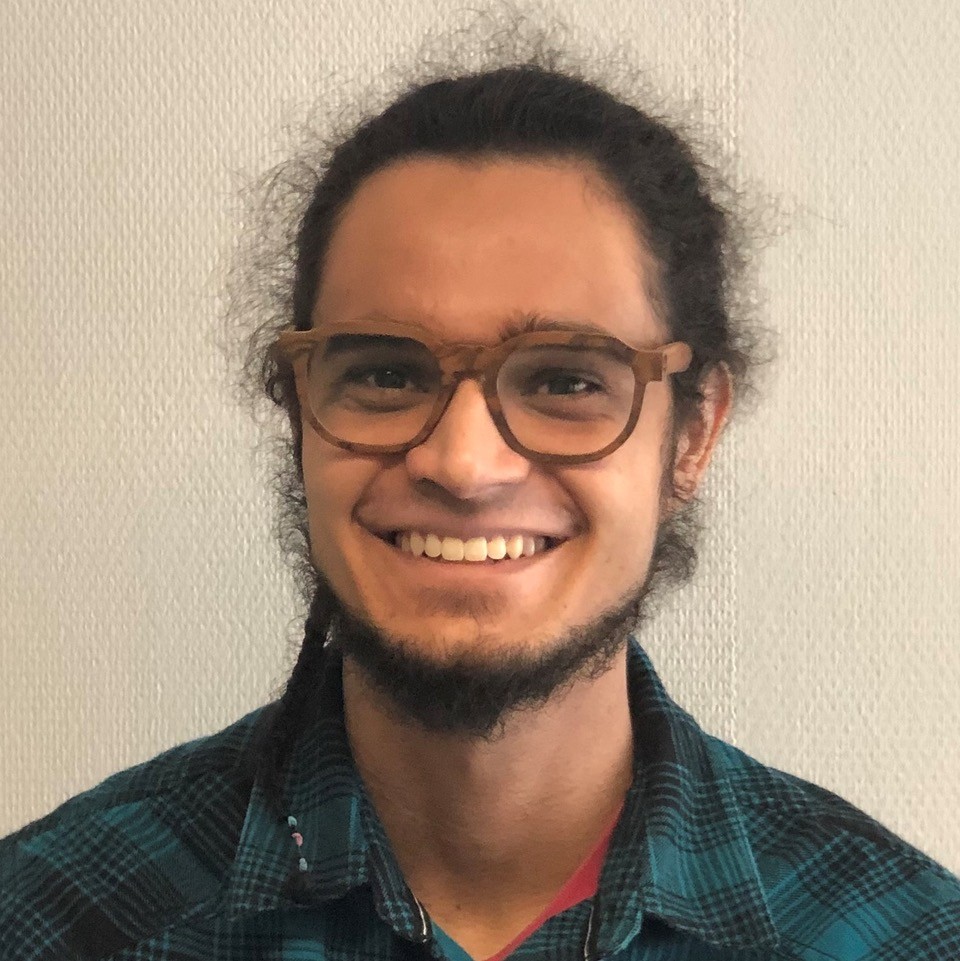 |
Gabriel Cardoso |
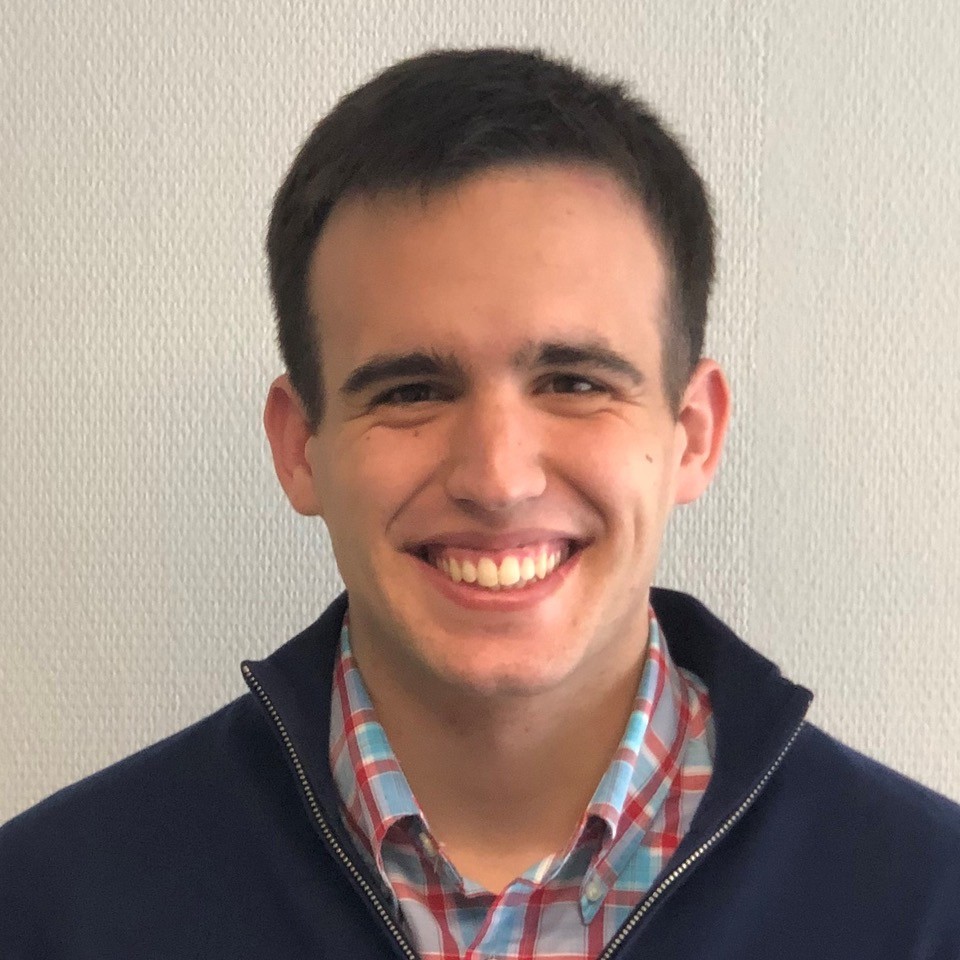 |
Ramon Díaz |
|
|
Alexandra Karsai |
|
|
Regina Fiam |
CONTACT
Room: Lágymányos Campus, Northern Building 3.141
Extension: +36-1-372-2500 / 6342
Email: uh.etle.ktt@iaffar.retep


